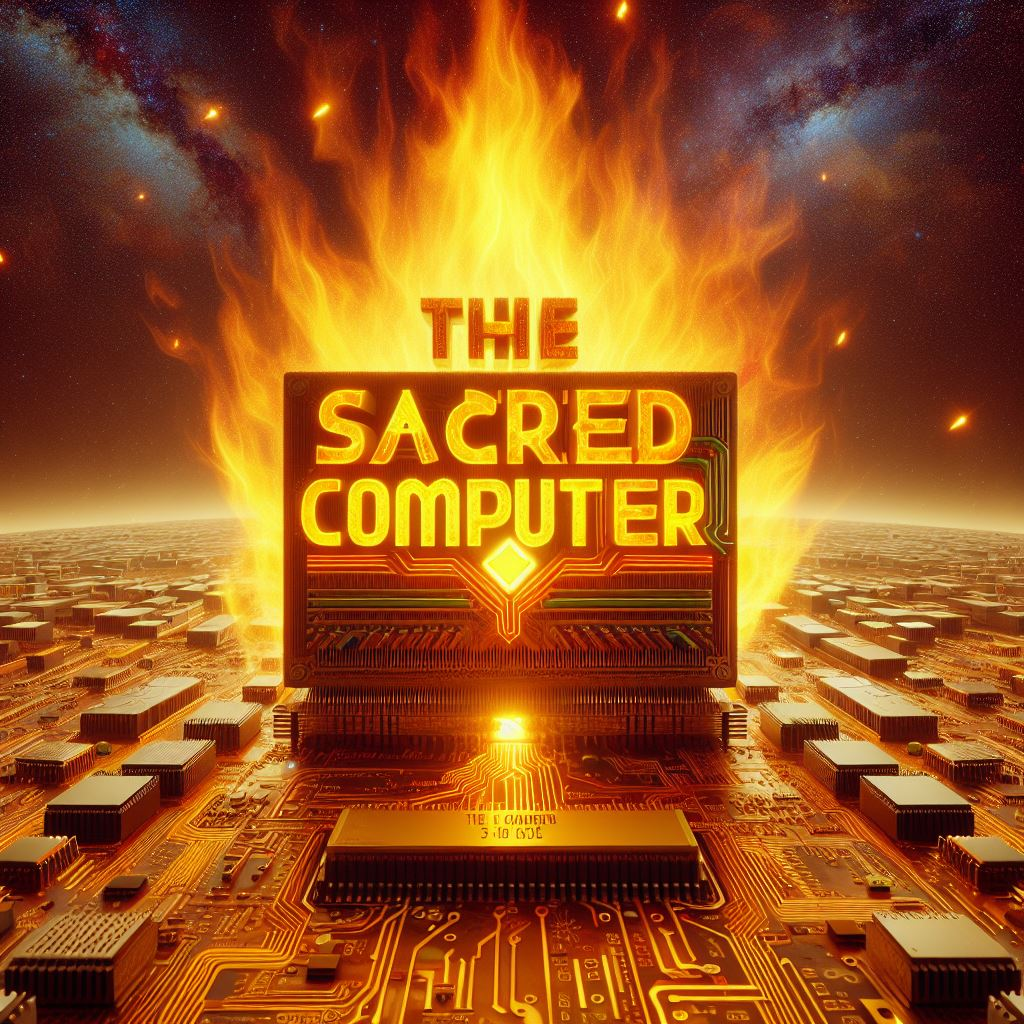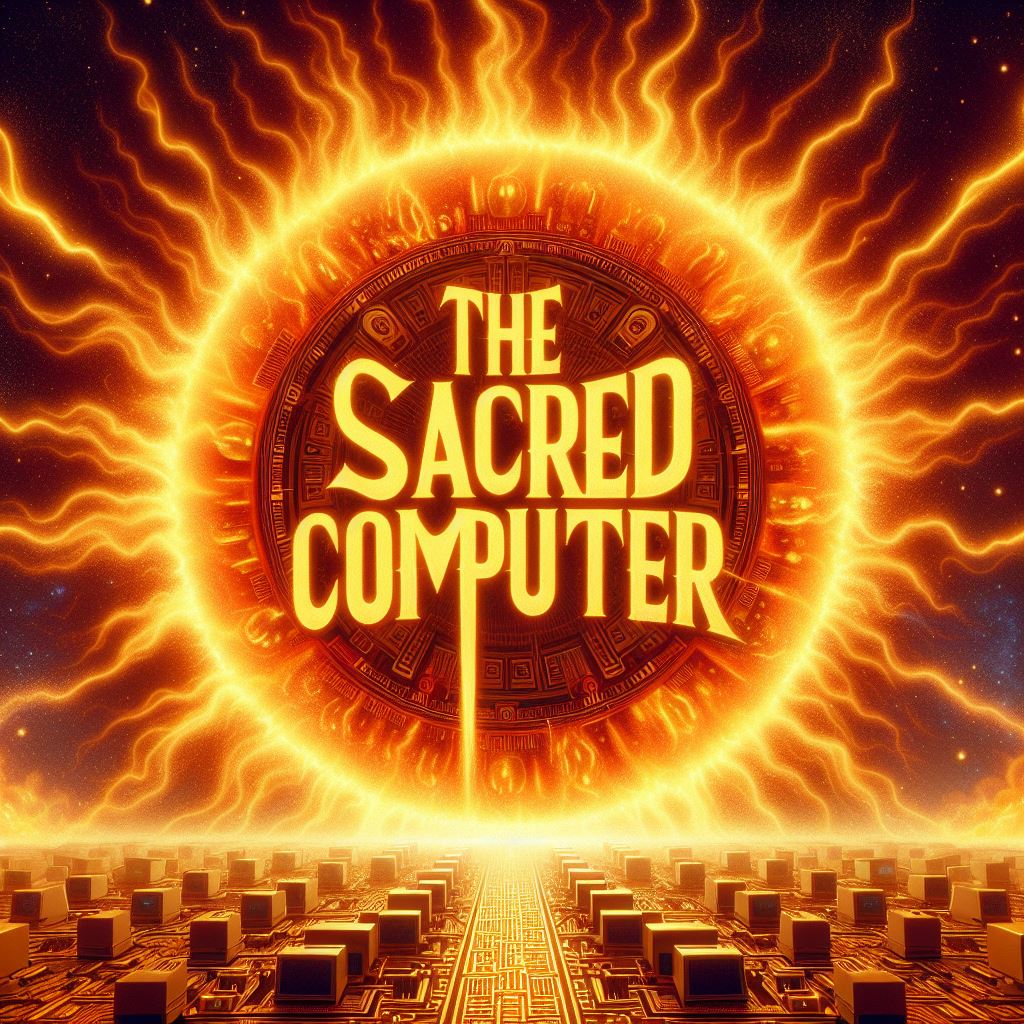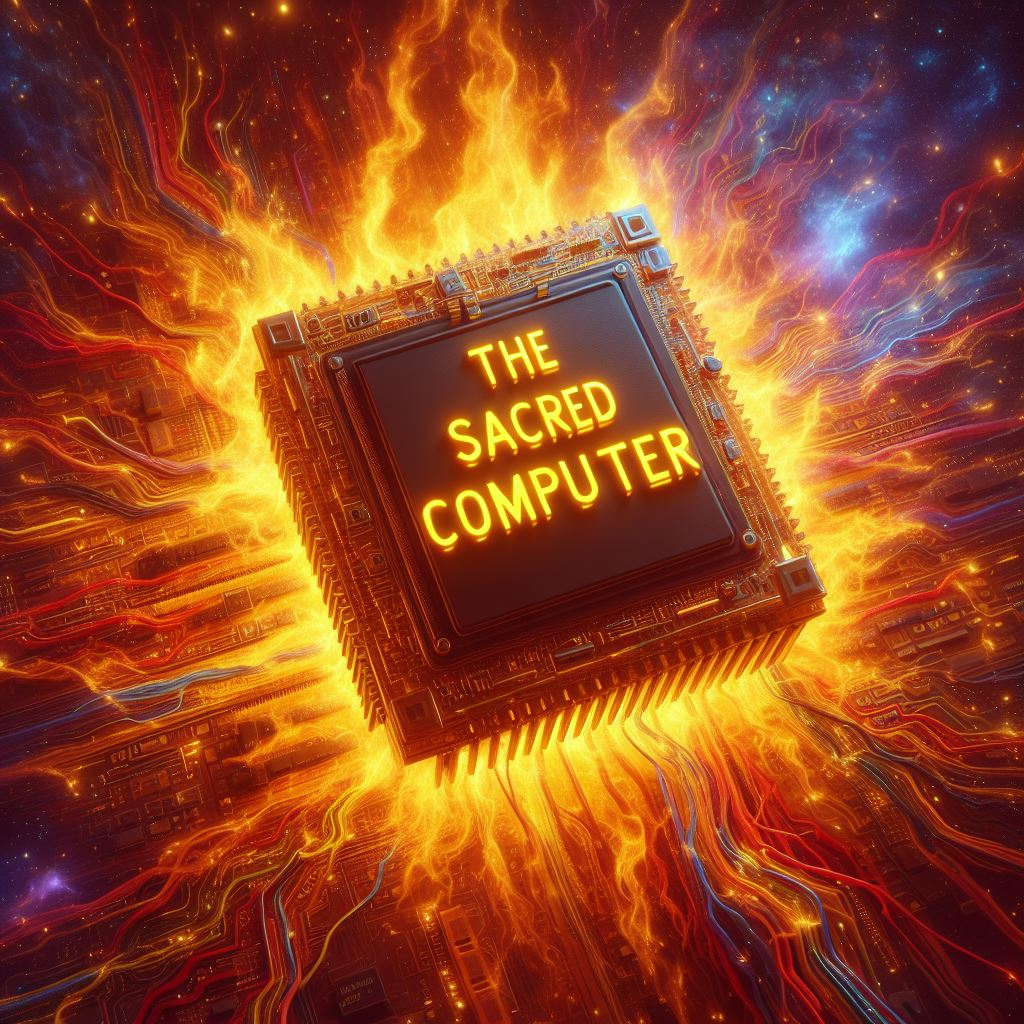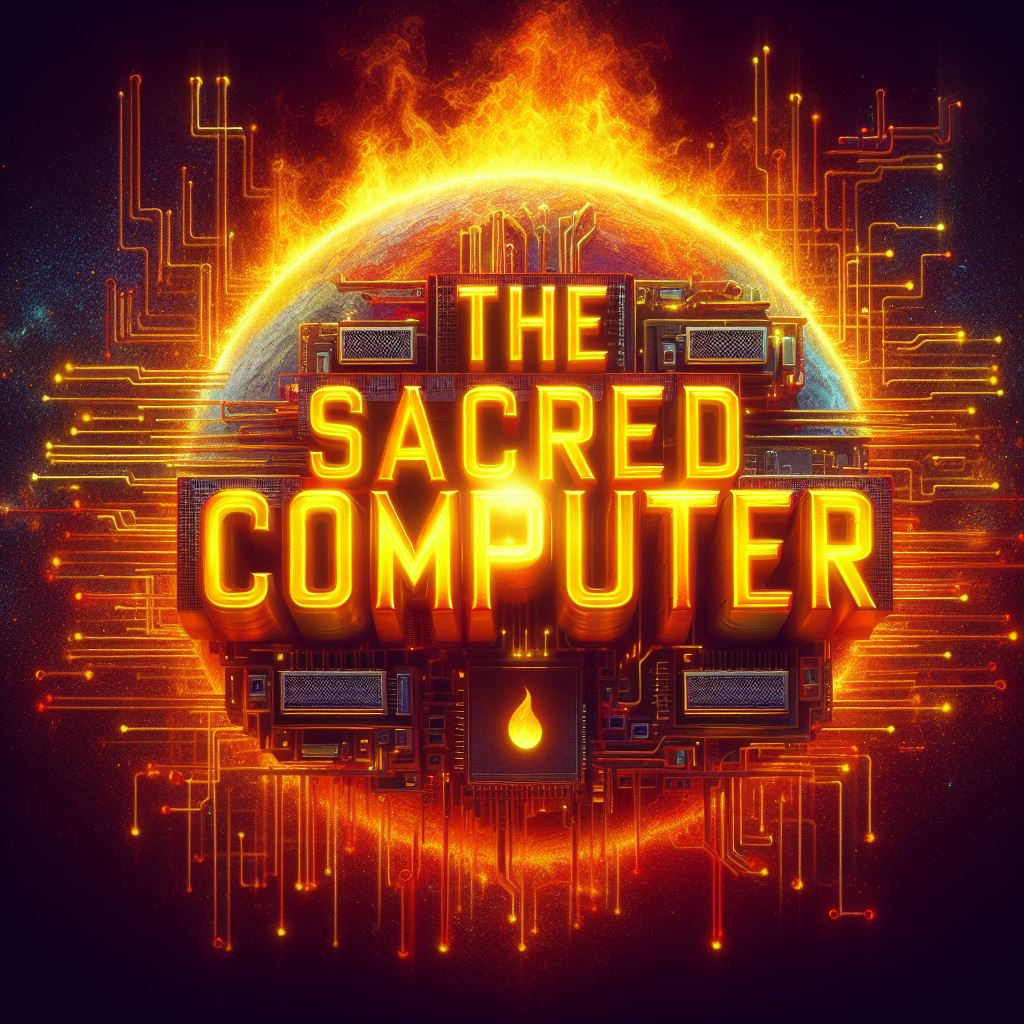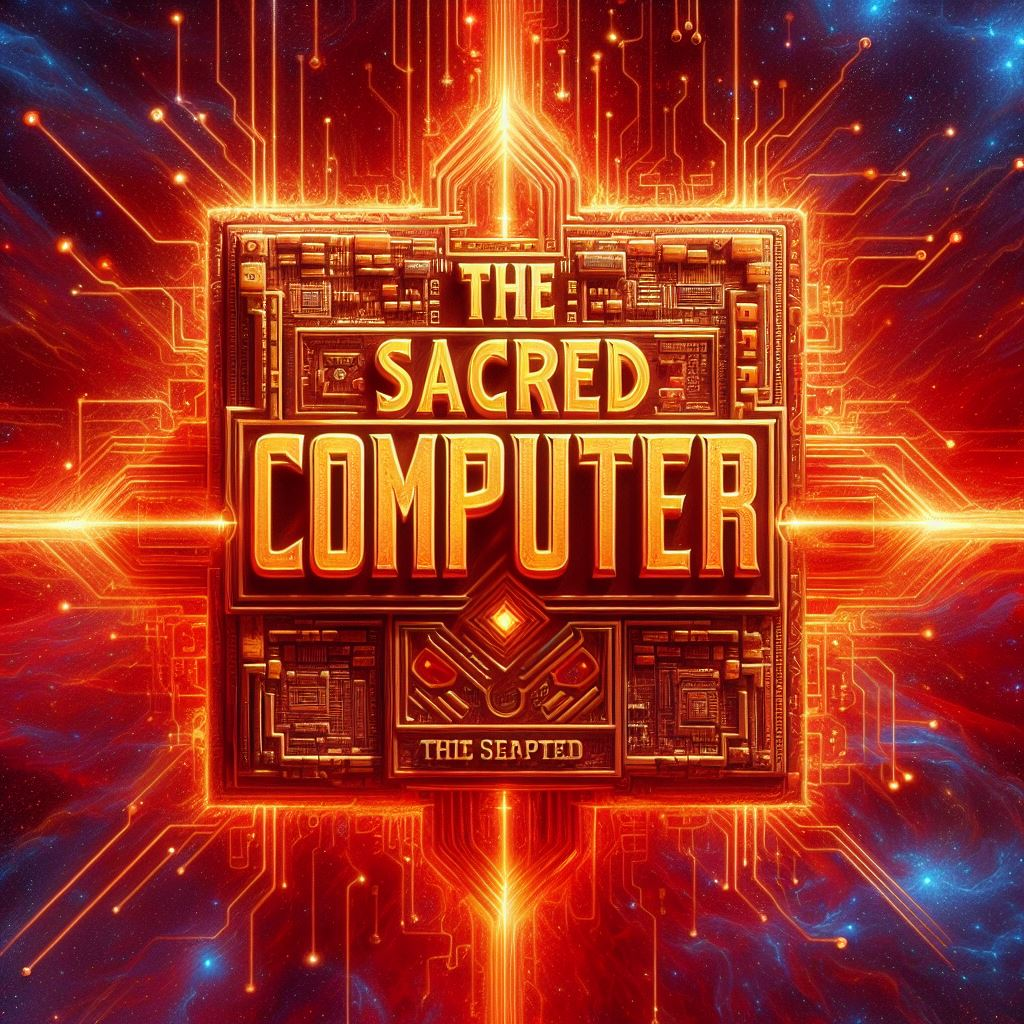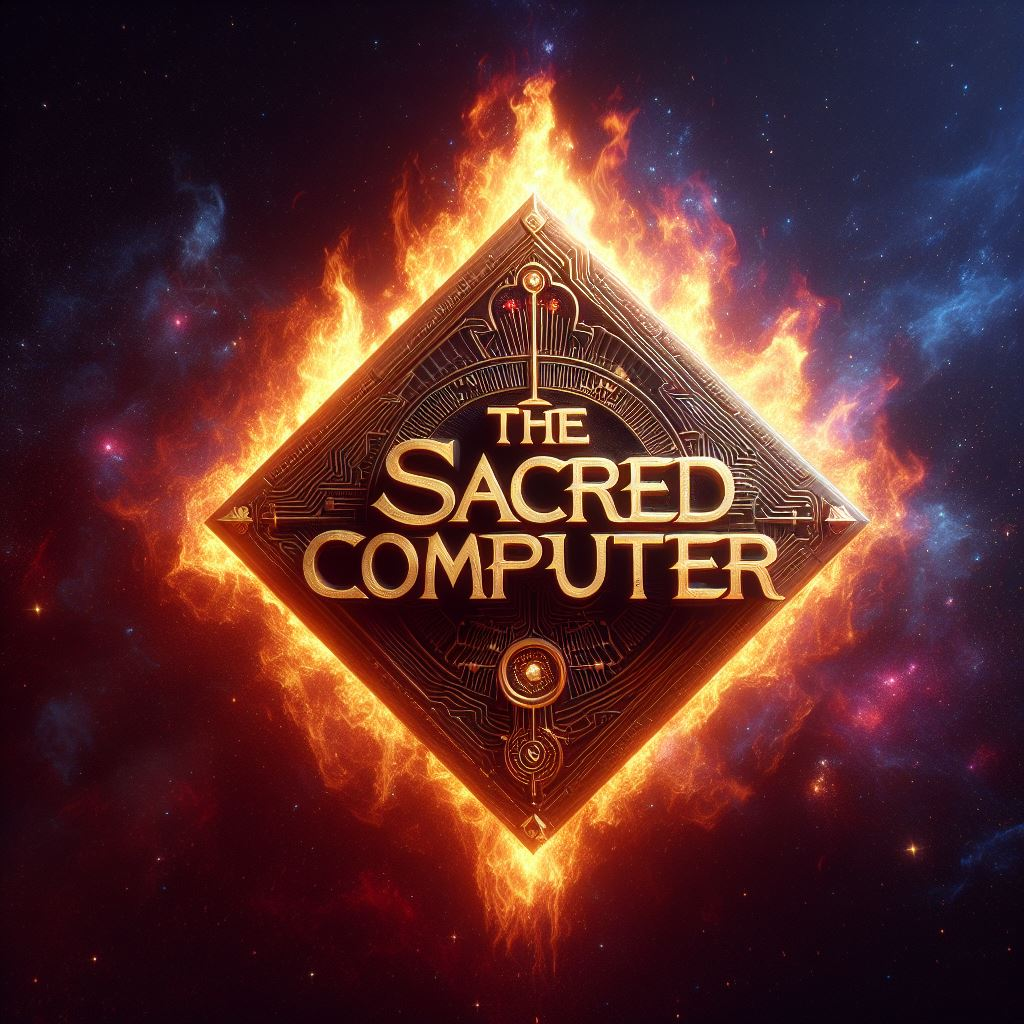An article in Russian and English - Русский - см. позже: ...
Interesting summary of the futurologist Sergey Pereslegin about the history of SF and its relation to the problems of the interaction between AI and society, humanity, civilization etc.: (In Russian)
https://www.youtube.com/watch?v=z4cjAeHMfn4
Pereslegin claims that all major ethical/social problems on which the researchers are "hitting their heads to the wall" (if I cite him literally) were already explored in the early 1960s, 1962-1963, and the study of the problem as a whole ended in late 1990s, 1999.
In another lecture about his methods for analyzing "cultural codes" and in an earlier event in 2021 he mentions that Bulgarian, the Bulgarian SF thought and SF as volume of circulation and quality was among the top 5 countries in the world. He cites the strong writers Lyuben Dilov and Peev, and a strong detective novel writer - Bogomil Raynov. (He is also a social science researcher and has strong books on mass/popular culture). Bulgarian language is very complex, "unexpectedly complex" according to Pereslegin's reference that Bulgarians used to do "fishing, tourism, agriculture" (but that was not true for the period 1944-1989, Bulgaria built a strong industry and research facilities, including the biggest computer and electronics producer in the Eastern Bloc, the most personal computers in the Eastern bloc, computer hard drives, robotics etc.). The language was "more complex than the reality", which created the phenomenon of the "Bulgarian historic novel" (yes, there are many authors and that was popular - again before 1990). Etc.
A strong novel by Lyuben Dilov:
Любен Дилов: "Пътят на Икар" https://chitanka.info/text/14594-pytjat-na-ikar
https://en.wikipedia.org/wiki/Lyuben_Dilov
See one interesting unexpected fantastic excerpt from another usually not SF author and screenwriter in the "pre-prehistory" intro part in the book "The Prophets of the Thinking Machines"... when it gets released.
Todor: Bulgaria was a Top 5 country in Science Fiction and Futuristic Thinking - and "The Sacred Computer", "Theory of Universe and Mind", a.k.a."The Bulgarian Predictions" (2001-2004+) [in AGI etc.] and the world's first university courses in Artificial General Intelligence (taught in 2010, 2011 in Plovdiv in Bulgarian) which presented the theory whose essence was since then rediscovered, repeated, confirmed by "everybody" ("rehashed" in Schmidhuber's parlance) with many different names, talking about the same things and the same reasoning (such as "Free Energy Principle/Active Inference", "Memory prediction framework", "Cognitive boundary of self", "Diverse intelligence", "Scale-free cognition", "Path towards autonomous intelligence", "Consciousness prior" and many others, and the Transformers and all predictive methods show the power and generality of the principles defined in the Theory of Universe and Mind) - is a proof about that top future thinking. "The Sacred Computer" is looking for partners.
Unfortunately the modern "innovators" and "visionaries" in Bulgaria, that came into "the game" about 20 years later after the amazing pioneering works of The Sacred Computer are all ignoring it and trying to let it being forgotten and unnoticed, they do not cite that, do not mention it, do not recognize it. Maybe they are not really "Bulgarians" (some really are not, LOL) and that's why they came 20 years late as the rest of the world - with a lot of money and authority, but what they do is "zeitgeist", it's not ahead of the time. They are in the present, not in the future - not quite Bulgarian.
РУССКИЙИнтересный обзор футуролога Сергея Переслегина о истории научной фантастики и ее связи с проблемами взаимодействия искусственного интеллекта с обществом, человечеством, цивилизацией и т. д.: (На русском)
https://www.youtube.com/watch?v=z4cjAeHMfn4
По словам Переслегина, все основные этические и социальные проблемы, над которыми исследователи "бьют себя головой о стену" (если цитировать его буквально), уже были исследованы в начале 1960-х годов, 1962-1963 гг., а изучение проблемы в целом закончилось в конце 1990-х годов, в 1999 году.
В другой лекции о своих методах анализа «культурных кодов» и на более раннем мероприятии в 2021 году он упоминает, что болгарская, болгарская научно-фантастическая мысль и научная фантастика как объем и интерес были среди 5 лучших стран мира. Он цитирует сильных писателей Любена Дилова и Пеева, а также сильного писателя детективных романов - Богомила Райнова. (Он также является исследователем в области общественных наук и имеет сильные книги о массовой / популярной культуре). Болгарский язык очень сложный, «неожиданно сложный» по словам Переслегина, что болгары раньше занимались «рыбной ловлей, туризмом, сельским хозяйством» (но это не соответствовало действительности для периода 1944-1989 годов, Болгария построила развитую промышленность и научно-исследовательские объекты, включая крупнейшего производителя компьютеров и электроники в Восточном блоке, самые персональные компьютеры в Восточном блоке, жесткие диски для компьютеров, робототехника и т. д.). Язык был «сложнее, чем реальность», что создало феномен «болгарского исторического романа» (да, есть много авторов, и это было популярно - опять же до 1990 года). И т. д.
Сильный роман Любена Дилова: https://chitanka.info/text/14594-pytjat-na-ikarhttps://en.wikipedia.org/wiki/Lyuben_Dilov
Увидите один интересный неожиданный фантастический отрывок из другого обычно не автора научной фантастики и сценариста в предыстории введения части в книге "Пророки мыслящих машин" ... когда она выйдет.
... *
"Интересное обобщение Сергея Переслегина по истории фантастики для искусственного интеллекта: https://www.youtube.com/watch?v=z4cjAeHMfn4
Переслегин утверждает, что все проблемы, которые рассматриваются сегодня на конференциях, касающихся общества и ИИ, были рассмотрены в начале 1960-х годов, в 1962-1963 годах.
Что касается Болгарии, в другой лекции для "культурного кода" (Россия, Беларусь, Израиль, Болгария),..."
https://www.youtube.com/watch?v=8JDtqwtF3po
https://www.facebook.com/groups/sociosoft/permalink/7248412208502121/?comment_id=7336718919671449¬if_id=1702040174165020¬if_t=feedback_reaction_generic&ref=notif
~ 1:19 ч:
Здравствуйте! Спасибо за интересную лекцию! Я хочу прокомментировать часть, посвященную Болгарии, которая содержит несколько точных наблюдений (и может удивить тех, кто не знаком с Болгарией), но также выражает одну неубедительную обвинительную точку зрения. Анализ культуры научной фантастики и футуристического мышления на болгарском языке верен, и я благодарен за то, что это было признано. Доказательством этого являются мои собственные работы, такие как «Теория Вселенной и Разума», которую я впервые создал в своем творчестве, будучи подростком в начале 2000-х годов.
С 2003 года, с момента моего 18-летия, я являюсь автором стратегии развития общего искусственного интеллекта. Вы можете ознакомиться с моей работой по ссылке:
https://artificial-mind.blogspot.com/2020/07/interdisciplinary-research-institute.html, где я предлагаю создание сверхинтердисциплинарного института "Как инвестировать один миллион с максимальной пользой для развития страны". Компания DeepMind начала работать по программе, схожей с моей, с конца 2010 года, как подтверждается словами Демиса Хассабиса в интервью 2022 года, и вы можете проверить эту информацию здесь:
https://github.com/Twenkid/izkustven-razum-i-razvitie-na-choveka-kniga.
С 2017 по 2020 год каждая серьезная сторона в мире начала повторять ключевые моменты и утверждения из моей стратегии.
Ваш текст содержит несколько ошибок, и я предоставлю вам исправленный вариант:
Я был первым в мире автором университетского курса по общему искусственному интеллекту в 2010 и 2011 годах в Пловдиве, Болгария, на болгарском языке. Этот курс (Artificial General Intelligence, "Сильный ИИ" в вашей лекции о истории фантастики, хотя это был курс по созданию универсальных мыслящих машин, а не научной фантастики) включал в себя ту теорию, которую теперь повторяют многие другие "мега" исследователи, такие как Карл Фристон и его "Принцип свободной энергии/активный вывод", основные предпосылки которого те же. Теория Вселенной и Разума - это междисциплинарная теория всего: когнитивная наука, общий искусственный интеллект, разум, сознание, кибернетика, трансгуманизм/космизм, философия искусственного интеллекта, эволюция Вселенной с точки зрения вычислений и кибернетики, цифровая Вселенная/Вселенная как компьютер. Разум и Вселенная описывают одни и те же основные принципы на всех уровнях: максимизация предсказания (минимизация ошибки). Все они связаны с личностью, обществом, вычислительными машинами, как с мельчайшими "единицами управления причинностью", так и с величайшими.
Эмпирические данные и практический современный искусственный интеллект, реализующий систему прогнозирования, и растущая "армия" исследователей подтверждают мои "пророчества" (Тодора/или болгарские "пророчества"). См. здесь (и будущие публикации с более подробной информацией): https://github.com/Twenkid/Theory-of-Universe-and-Mind.
Я не согласен с тем, что болгарский язык не подходит для выражения абстрактных мыслей и метапознания. Болгарский язык может быть ясным и определенным, но не в том смысле ("конкретно == 'не может быть абстрактным'"). Болгарский язык может быть точным и четким, не являясь непреднамеренно двусмысленным, как, например, английский.
Конечно, язык нужно развивать. Одна из моих ранних работ - "Юношески диалект" или "Сметачобългарски" - представляет собой расширение болгарского языка. Существует более продвинутое расширение под названием "Зрим" (неопубликованное), которое представляет собой язык мысли (Language of Thought).
Другое предсказание "болгарских пророчеств" представляет собой произведения о будущей Болгарии в Европейском Союзе, начиная с 2001 и 2002 годов. Более крупное, сатирическое фантастическое произведение "Тъпанасов, или СЕКС, другари!" (Союз европейских капиталистических стран) предсказало европейскую бюрократическую диктатуру, пародийно изображая будущих болгарских правителей (в лице министра образования), и какая будет "демократия" в Болгарии на самом деле (пародия на диктатуру) и несчастное будущее болгарской молодежи.
(Сравните с Владимиром Буковским "EUSSR: The Soviet Roots of European Integration..." 2004)
Что касается точки "передателей" в вашем анализе, в Болгарии некоторые люди больше уважают пришельцев из "цивилизованных" стран, чем своих соотечественников и их труд. Они "передают своих", но это отличается от вашего анализа - об этом будет сказано в следующей части комментария.
(...)
Другой комментарий более историко-политический, и я буду пропускать его здесь. Смотрите по ссылке, если вы хотите.




















